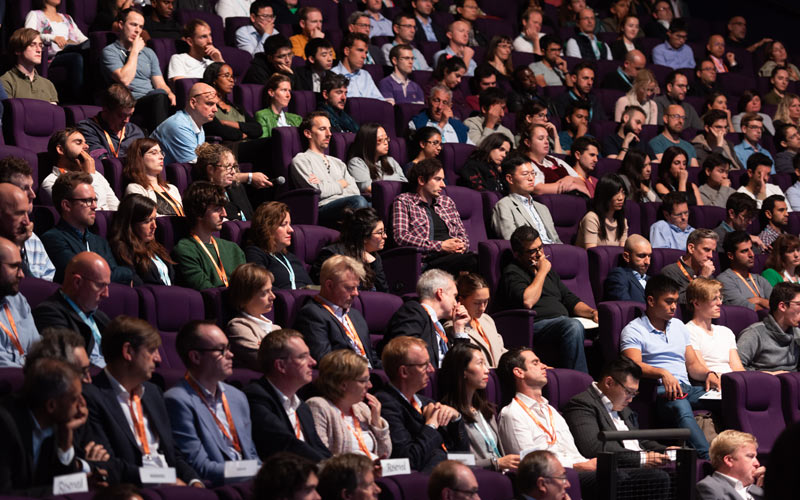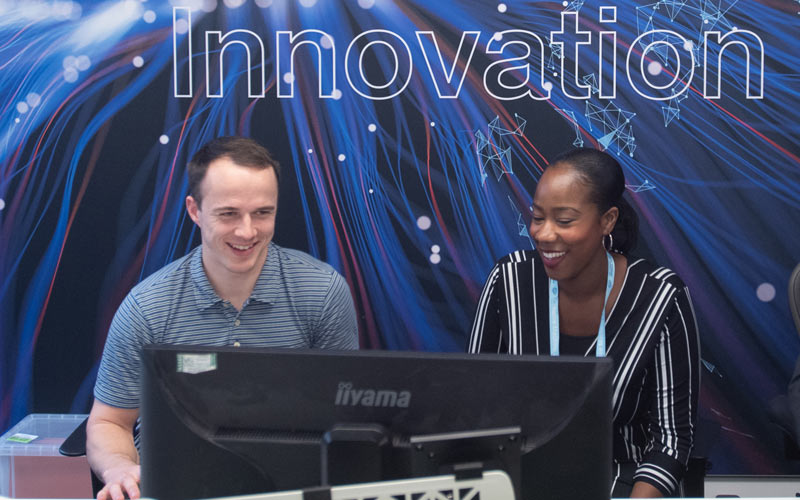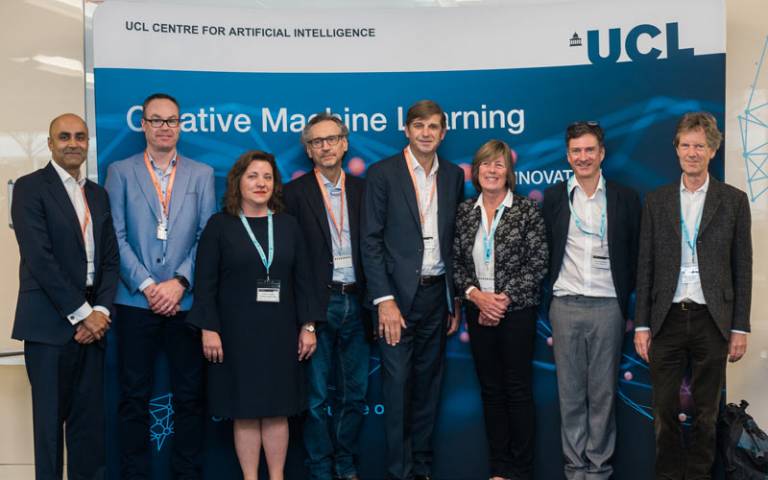Foundational Artificial Intelligence MPhil/PhD
About the course
Our Foundational AI CDT addresses the national need for AI workers by training researchers capable of advancing core AI algorithms. These graduates will help shape the social, scientific and economic landscape through scientific breakthroughs and the creation of companies on the basis of novel AI technology.
Current AI machines are largely "dumb" — they don't understand their physical environment, nor have enough understanding of human culture to communicate in natural ways. Our vision is that AI is in its infancy and that AI breakthroughs are key to controlling and shaping the future technological landscape. However, creating effective AI is challenging given our limited understanding of how intelligence works.
In forging AI creators, we will therefore encourage students to look beyond Computer Science and be open to interaction with other scientists researching intelligence.
The most successful existing AI technology (Deep Learning) is based on the way brains process information. Future developments may be inspired by neuroscience and we need to be alert to the insights offered by this and other fields.
A key research objective of CDT students is to make new algorithms for next-generation AI technologies by incorporating more knowledge about the real-world and human culture into the AI agents themselves. Such machines will be able to offer unparalleled insights into our data-rich world and provide us with transparent and interpretable explanations.
A unique aspect of the CDT is to give students the deep technical skills they require to be leading researchers in AI and also the skills to be a deep tech entrepreneur.
The CDT includes a programme of cohort-based training activities designed to encourage interaction with other students on the CDT, through shared research, training and social experiences, including in AI and entrepreneurship. These training elements are additional to a standard PhD programme and students need in their personal statements to recognise the alignment of this CDT approach with their interests and aspirations. Applicants that do not explain why the CDT mechanism is particularly appropriate for them will be at a significant disadvantage.
 Close
Close









